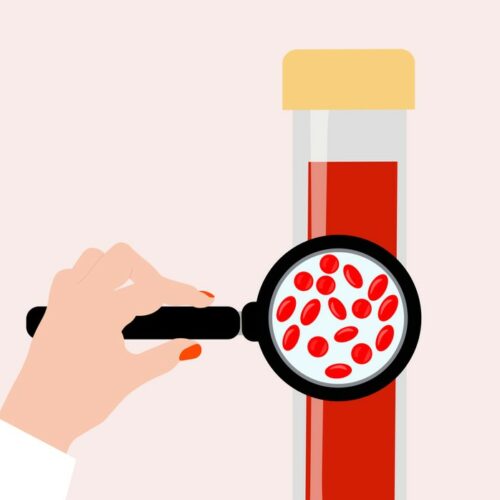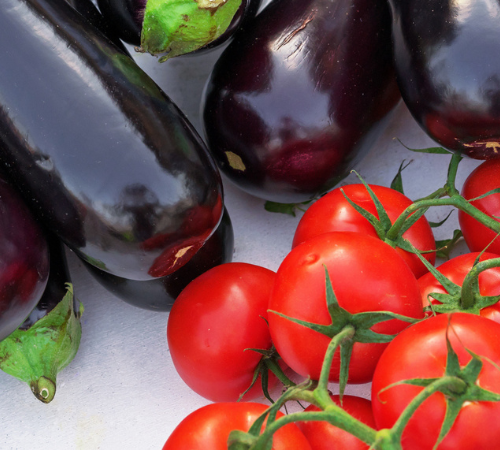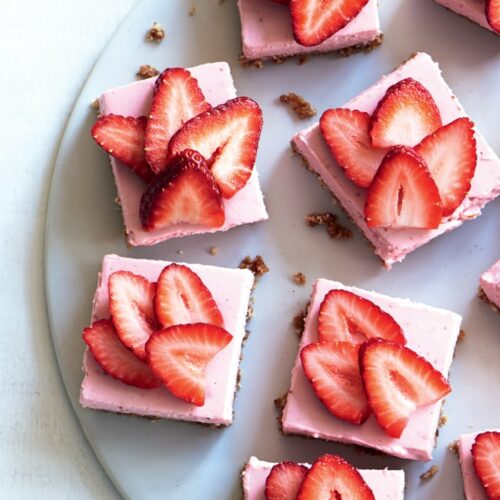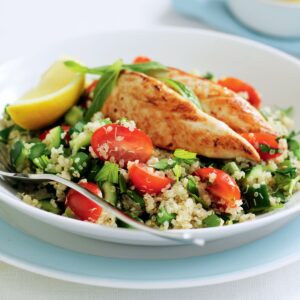
Q I know too much sugar isn’t good but neither are artificial sweeteners so, if I want a fizzy drink, which should I have?
A There is a huge range of fizzy drinks on the market that vary in the amount of sugar they have and also the type of sweeteners used. Many ‘diet’ drinks are made with the artificial sweetener aspartame and some use sucralose. There are also those made with the natural sweetener stevia, which is derived from a plant.
Given it is recommended we limit the amount of free sugars we have a day to less than 52g (with less than 26g being even better) and your average 330ml can of sugar-sweetened fizzy drink has 35g of sugar, less is definitely best here.
There has certainly been some serious scaremongering about the link between aspartame and cancer in years gone by. The science has never supported this and, in a February 2019 update, New Zealand Food Safety tells us at least five robust studies have concluded aspartame does not have the potential to cause cancer.
There is, however, emerging research suggesting artificial sweeteners could potentially have a negative impact on the balance of the bacteria in the gut and an influence on our blood glucose response. It’s early days for this research but when you consider these drinks are acidic and not great for our teeth either, the message overall is still that less is best.
There are an increasing number of beverages sweetened with the natural sweetener stevia, which can be a good alternative, although this still doesn’t teach you to like less-sweet-tasting options and the acidity is still as issue.
Still water will always be the best everyday drink option. You can flavour your water with herbs, such as mint or basil, and any seasonal sliced fruit or cucumber, so there is no need for sugar or artificial sweeteners. There are also lots of fruit tea bags, which don’t have sugar, you can get to flavour water. Using sparkling water to mix things up from time to time is a good way to add interest without the issue of sugar or sweeteners.
You may also be interested in:
‘How much sugar in that drink?’
10 things you should know about Coke No Sugar
Article sources and references
- Azad MB et al. 2017. Nonnutritive sweeteners and cardiometabolic health: a systematic review and metaanalysis of randomized controlled trials and prospective cohort studies. CMAJ 189:E929-39https://www.ncbi.nlm.nih.gov/pubmed/28716847
- European Association for the Study of Diabetes. 2018. Press release based on oral presentation 43 (abstract 241) at the 2018 annual meeting of the European Association for the Study of Diabetes.https://www.easd.org/annual-meeting/easd-2018
- Jotham S et al. 2014. Artificial sweeteners induce glucose intolerance by altering the gut microbiota. Nature 514:181-6https://www.nature.com/articles/nature13793
- New Zealand Food Safety. Aspartame, mpi.govt.nz Accessed March 2019https://www.mpi.govt.nz/food-safety/food-safety-for-consumers/whats-in-our-food-2/food-additives/aspartame/
www.healthyfood.com










